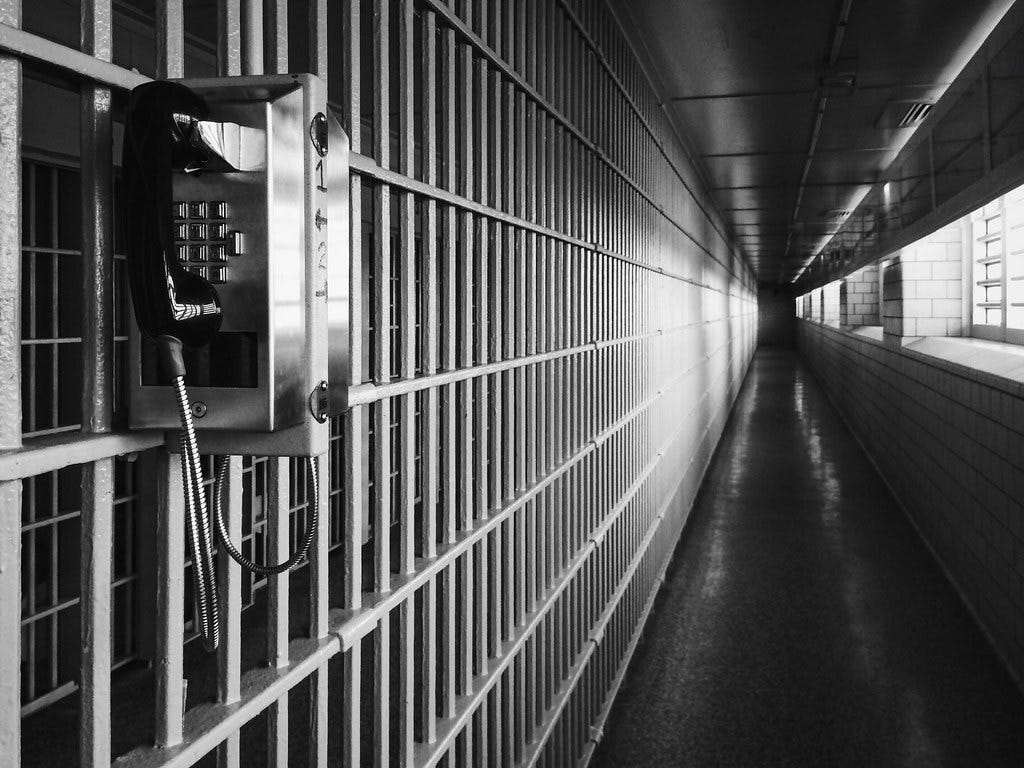Victoria goes on hunt for new prison phone provider
Amid ongoing criticism over the ‘prohibitive’ cost of prison phone calls, the Victorian government is looking for a new private provider for its prison phone system.
The Victorian government is on the hunt for a private company to run its prison telephone service amid ongoing concerns over the high price of prison phone calls in the state.
The state government issued a request for information this week for its prison telephone service, which is responsible for running the near-1000 telephones in jails across the state.
The request is for information from companies on how they would run the prison telephone service, their capabilities and potential functionalities.
The operation of the prison phone service is a lucrative business. Comsec currently holds this work on a contract worth more than $26 million, running until August next year.
Comsec was also recently selected to operate the telephones in Victoria’s youth prisons, on a deal worth $800,000 over the next three years.
Comsec provides prison telephone systems for about half of the prisons in Australia, and currently holds contracts with the Victorian, Queensland and Tasmanian governments.
It was acquired by European prison tech provider Telio in late 2019.
In the RFI, the Victorian government said it was aiming to “identify potential solutions that can enhance communication for prisoners while ensuring security, monitoring and cost efficiency”.
A number of recent reviews have recommended prison phone calls be made far cheaper or entirely free, in order to assist those in prison maintain connections with those in the community and boost their rehabilitation hopes.
In Victoria, those incarcerated in public prisons are charged 57c per minute for a call to a mobile phone, or $7 for the maximum 12 minute phone call.
The cultural review into Victorian prisons recommended that phone calls be made more accessible and cheaper after hearing evidence of the “prohibitive cost” of these calls.
“The combination of very low daily wages for employment within the custodial environment means that people in custody may not be able to remain in contact with family and community,” the review said.
The Yoorrook Justice Commission also recommended in an interim report last year that First Nations people in prison be able to “make telephone calls for free or at no greater cost than the general community”.

